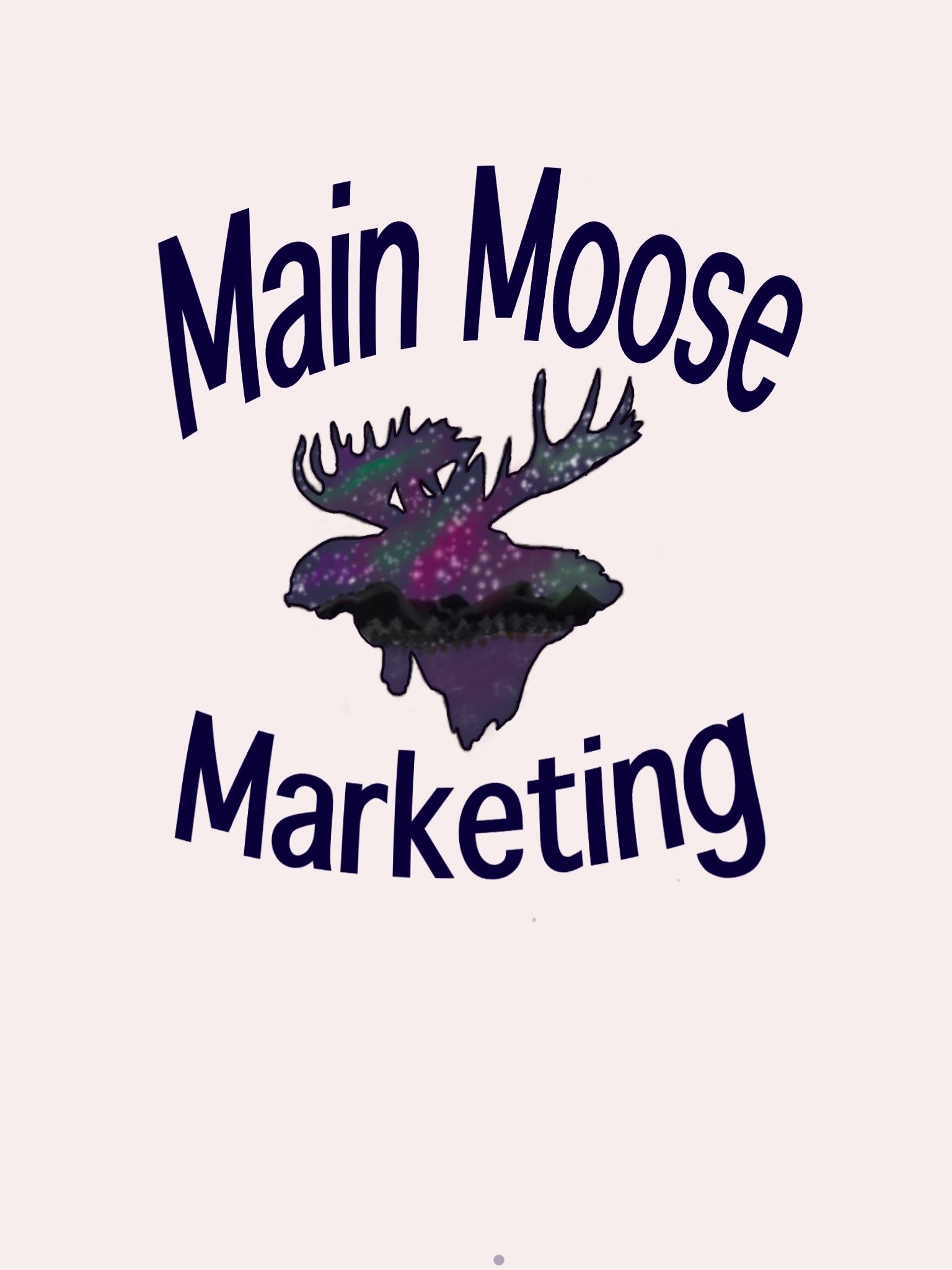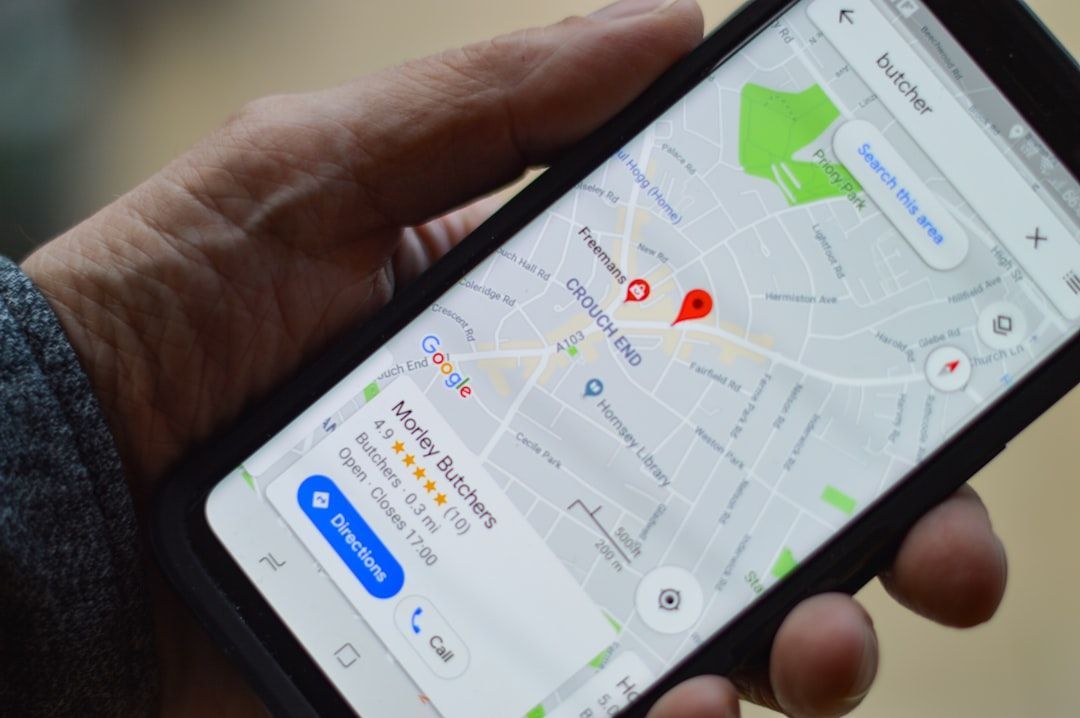Affordable Solutions for Small Business Marketing
Small Business Marketing Solutions

Affordable Solutions for Small Business Marketing
In the competitive world of business, marketing is a crucial tool. It's especially vital for small enterprises.
Why?
Because effective marketing can level the playing field. It allows small businesses to compete with larger, more established companies.
But here's the challenge.
Many small businesses lack the resources to build a robust in-house marketing team. They may also lack the expertise to navigate the complex landscape of digital marketing.
That's where a marketing agency for small business comes in.
These agencies offer affordable marketing solutions tailored to the unique needs of small enterprises.
They offer different services like SEO and social media management. These services help improve your online presence and reach.
In this article, we'll explore the benefits of partnering with a marketing agency. We'll also guide you through the process of choosing the right agency for your small business.
So, if you're a small business owner looking to enhance your marketing efforts, keep reading. This guide is for you.
Understanding the Marketing Needs of Small Businesses
Every small business has unique marketing needs. These needs are shaped by various factors, such as industry, target audience, and business goals.
The first step in addressing these needs is identifying them. Start by asking questions: Who is your target customer? What are your primary marketing goals?
Many small businesses face challenges in marketing. Limited budgets often top the list. Additionally, small enterprises may lack the time and manpower to execute comprehensive marketing strategies.
Another common hurdle is staying up-to-date with marketing trends. Digital marketing evolves quickly. It’s critical for businesses to keep pace with new tools, platforms, and strategies.
Let’s consider some key marketing needs for small businesses:
- Building brand awareness on a budget
- Engaging local customers through local SEO
- Developing a consistent social media presence
- Creating quality, relevant content for the target audience
Understanding these needs is crucial in finding the right marketing solutions. A customized approach ensures better results and efficient use of resources.
Once you grasp your marketing needs, it becomes easier to focus efforts and allocate budgets effectively. This understanding also helps in setting realistic expectations and measuring success.
As small businesses continue to evolve, so will their marketing needs. Adapting to these changes is vital for sustainable growth.
The Benefits of Partnering with a Marketing Agency
Partnering with a marketing agency offers numerous advantages for small businesses. First and foremost, it provides access to specialized expertise. Marketing agencies employ professionals with deep knowledge and experience in various marketing disciplines.
This partnership allows small businesses to leverage this expertise. As a result, they can execute strategies that drive growth. Beyond expertise, marketing agencies provide access to advanced tools and resources. These tools can be expensive and complex for businesses to acquire and manage on their own.
Moreover, agencies often have established processes. These processes streamline marketing efforts, ensuring efficiency and effectiveness. Small businesses can benefit from the agency's strategic insights. These insights are backed by data and industry best practices.
In addition, agencies offer the flexibility to scale marketing efforts. Whether you are launching a new product or expanding into new markets, an agency can adjust strategies accordingly. This scalability saves businesses from the time and cost of onboarding new staff.
Furthermore, partnering with an agency allows business owners to focus on core operations. Marketing can be time-consuming, and by outsourcing it, owners can allocate their time and energy elsewhere.
Ultimately, collaboration with a marketing agency can lead to enhanced brand visibility. It can also boost customer engagement and elevate overall business performance. With the right agency, small businesses are positioned to thrive in competitive markets.
Saving Time and Resources
Working with a marketing agency can significantly save time for small business owners. Crafting and executing a marketing strategy demands careful planning and effort. By outsourcing these tasks, businesses can redirect focus to core areas.
Agencies have efficient processes already in place. They know what works and what doesn't in marketing campaigns. This efficiency reduces the time spent on trial and error, enabling faster results and smoother execution.
Additionally, resources such as manpower and technology can be burdensome to manage internally. Marketing agencies already have these resources. They use them to deliver professional results, eliminating the need for businesses to invest in additional infrastructure.
Access to Expertise and Advanced Tools
When small businesses partner with a marketing agency, they gain access to a wealth of expertise. These agencies employ specialists who have deep knowledge in various areas of marketing. From SEO to social media, their insights are invaluable.
This expertise translates into strategic, data-driven decision-making. Agencies utilize sophisticated analytics tools to track and optimize campaign performance. These tools and technologies are often beyond the reach of small businesses working independently.
Agencies also stay updated with the latest marketing trends and innovations. This allows businesses to stay competitive in an ever-changing market.
Small businesses can trust agencies to handle their marketing. This lets them focus on what they do best.
Scalable Marketing Solutions
Scalability is a key benefit of partnering with a marketing agency. As your business grows, your marketing needs will evolve. Marketing agencies offer flexible strategies that adapt to changing circumstances.
Whether you're looking to increase market share or launch a new product, an agency can adjust its efforts. This adaptability ensures your marketing strategy remains aligned with your goals. Agencies can quickly reallocate resources or shift focus to new opportunities as they arise.
Moreover, agencies can expand marketing efforts without the lag of hiring new employees. They can quickly scale up campaigns by deploying larger teams or utilizing more advanced tools. This adaptability ensures businesses remain agile, responsive, and effective as they grow.
Key Marketing Services for Small Business Growth
Small businesses have unique marketing needs that require tailored approaches. The right mix of marketing services can drive significant growth. Each service plays a pivotal role in enhancing a business's reach and engagement.
- Search Engine Optimization (SEO)
- Pay-Per-Click (PPC) Advertising
- Social Media Management
- Content Marketing and Email Campaigns
Search Engine Optimization (SEO)
Search Engine Optimization (SEO) is crucial for increasing online visibility. By optimizing content and website structure, businesses can improve search engine rankings. Higher rankings lead to increased web traffic and potential customers.
Implementing SEO can be complex, but it pays off in the long run. Small businesses should focus on both on-page and off-page strategies. This includes keyword optimization, backlink building, and local SEO tactics.
Pay-Per-Click (PPC) Advertising
PPC advertising provides an immediate impact on traffic and conversions. It involves paying for ads that appear on search engines and social media platforms. Businesses only pay when users click on their ads.
This method allows for precise targeting, ensuring ads reach the right audience. PPC campaigns can be tailored to specific demographics, locations, and interests. It's an effective way to gain quick visibility and track performance.
Social Media Management
Social media platforms are essential for engaging with customers. Effective social media management involves crafting strategic content, engaging with followers, and monitoring trends. Small businesses can use platforms like Facebook, Instagram, and LinkedIn to build their brand.
Consistent and creative content posting enhances brand awareness. Moreover, social media offers opportunities for community building. Businesses can interact directly with customers, gaining valuable feedback and fostering loyalty.
Content Marketing and Email Campaigns
Content marketing involves creating valuable content to attract and engage a target audience. This can include blogs, videos, podcasts, and infographics. It's crucial for establishing authority and trust within an industry.
Email campaigns complement content marketing efforts by maintaining customer relationships. They allow businesses to deliver personalized messages directly to their audience's inbox. Well-crafted emails can inform subscribers about new products, promotions, and updates.
By integrating content marketing and email campaigns, small businesses can nurture leads and enhance customer retention. This combination ensures continuous engagement with both existing and potential customers.
How to Choose the Right Marketing Agency for Your Small Business
Selecting the right marketing agency is crucial for small businesses. It can significantly influence your growth and success. Making informed decisions requires careful consideration of various factors.
First, align your goals with the agency's expertise. Every marketing agency offers different services and specialties. Knowing what you need is key to finding the right partner.
Next, delve into their track record. An agency's history of success speaks volumes about their capability. Look for case studies and testimonials from other small businesses.
Don't overlook the importance of pricing. Budget constraints are a reality for many small enterprises. Understanding what you get for your money is crucial.
Here’s a quick checklist for choosing a marketing agency:
- Identify clear marketing goals
- Review expertise and successful case studies
- Evaluate pricing against potential ROI
- Ensure communication and transparency
- Consider a trial project before long-term commitment
Lastly, open communication is vital. Maintain a consistent dialogue with your chosen agency. This helps ensure that both parties remain aligned with your business objectives.
Identifying Your Marketing Goals
Before partnering with any agency, define your marketing goals. Knowing what you want to achieve is essential. It serves as the foundation of your marketing strategy.
Your goals should be clear and measurable. Examples include increasing brand awareness or boosting website traffic. Set realistic time frames to evaluate progress effectively.
Evaluating Agency Expertise and Track Record
Examine the agency’s expertise in your industry. Specialized knowledge can provide a competitive advantage. Look for agencies with a proven track record of success.
Request case studies or client references. These can offer insights into their effectiveness. Understanding their past performance will guide your decision-making process.
Understanding Pricing and Value
Pricing structures vary across marketing agencies. Understand what’s included in their offerings. Comparing costs without knowing value can mislead.
Value does not always mean the lowest price. Consider the potential return on investment (ROI). Quality results often justify higher costs, leading to long-term success.
Real-Life Success Stories: Small Businesses That Thrived with Marketing Agencies
Small businesses have unique challenges, but success stories abound. Consider the café that struggled with a new location. They partnered with a marketing agency to improve local SEO.
This café saw a 50% increase in foot traffic within months. Their visibility in search results made a significant difference. Local customers discovered them more easily through targeted online ads.
Another example involves a home-based craft business. The owner lacked expertise in digital marketing strategies. By hiring a marketing agency, they transformed their social media presence.
The agency helped create engaging content for social channels. As a result, their follower count doubled, boosting sales. This growth was essential for scaling up production.
Look at a consulting firm that leveraged content marketing. Their aim was to build authority and trust in their field. With the help of a digital marketing agency, they launched a robust blog strategy.
The result was a 40% increase in website visits. Content like articles and eBooks helped attract their target audience. They successfully positioned themselves as industry leaders.
These real-life examples demonstrate the power of collaboration. Small businesses can achieve remarkable growth with the right partnerships. A marketing agency can help craft effective strategies that deliver results.
Avoiding Common Marketing Pitfalls for Small Businesses
Small businesses often face unique marketing challenges. One common mistake is failing to clearly define target audiences. Without understanding who they are marketing to, businesses can waste resources.
Another pitfall is ignoring online presence and digital tools. Businesses that overlook SEO and social media miss out on significant opportunities. These platforms are essential for reaching new customers.
Some small businesses rely too heavily on a single marketing channel. Diversification in marketing strategies is crucial. Using various channels helps maintain stability and broadens reach.
Lastly, inadequate tracking of marketing efforts can hinder growth. Without tracking and measuring results, businesses struggle to identify what works. Analytics tools provide insights essential for informed decision-making.
Avoiding these pitfalls involves strategic planning and ongoing learning. Small businesses must remain agile and open to evolving strategies. By doing so, they can optimize their marketing efforts effectively.
The Future of Digital Marketing for Small Enterprises
Digital marketing continues to evolve at a rapid pace. Small enterprises must stay ahead by adopting the latest tools and strategies. Understanding trends and adapting quickly will be key to success.
Artificial intelligence (AI) is shaping the future of marketing. AI tools can help analyze data more efficiently and create personalized marketing campaigns. This technology enhances customer engagement and boosts conversion rates.
Voice search is another trend gaining momentum. As more people use voice commands to search online, businesses must optimize their content accordingly. This shift requires new SEO strategies focused on natural language queries.
Social media platforms continue to drive significant change in digital marketing. Emerging platforms and features provide unique opportunities to engage audiences. Small enterprises should explore new channels and innovative content formats to maintain competitiveness.
In this dynamic landscape, flexibility is crucial. Small businesses must embrace change and continuously refine their marketing approaches. By doing so, they can navigate the digital future with confidence and success.
Conclusion: Taking the Next Steps Towards Marketing Success
Achieving marketing success is crucial for small businesses aiming to grow. A thoughtful approach can transform challenges into opportunities. Start by setting clear, achievable goals for your business's marketing initiatives.
Partnering with the right marketing agency can offer immense value. Leverage their expertise to craft strategies tailored to your needs. Be proactive and stay informed about new trends. This will ensure that your marketing efforts remain effective and impactful. By taking these steps, your small business can build a strong foundation for long-lasting success in the competitive market.
Source: https://aprilandaaron.blog/2025/01/06/affordable-solutions-for-small-business-marketing/
CONTACT US
Want more info?
Contact Us
We will get back to you as soon as possible.
Please try again later.
Proudly powered by Snapps






